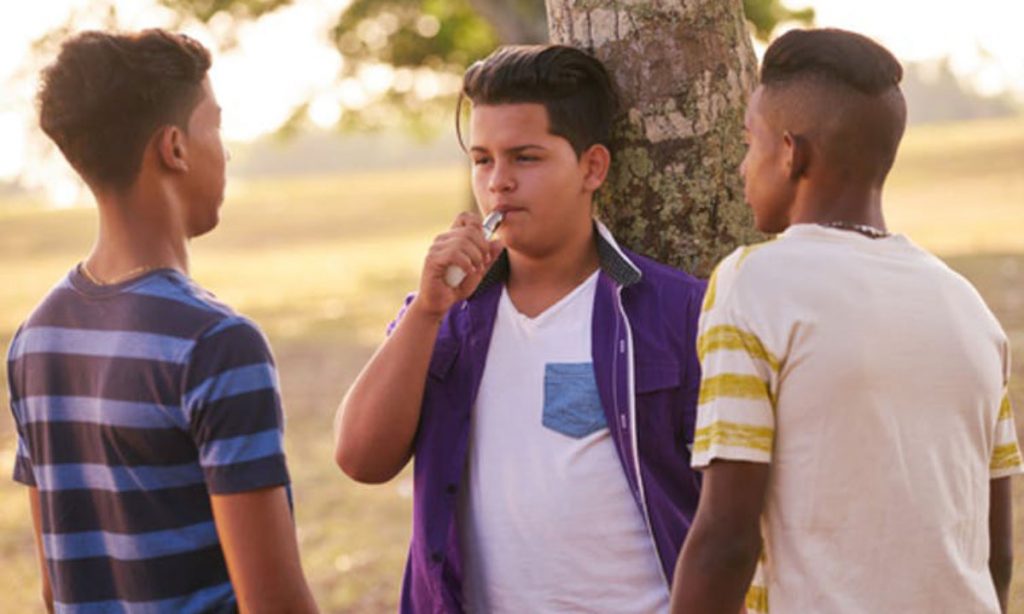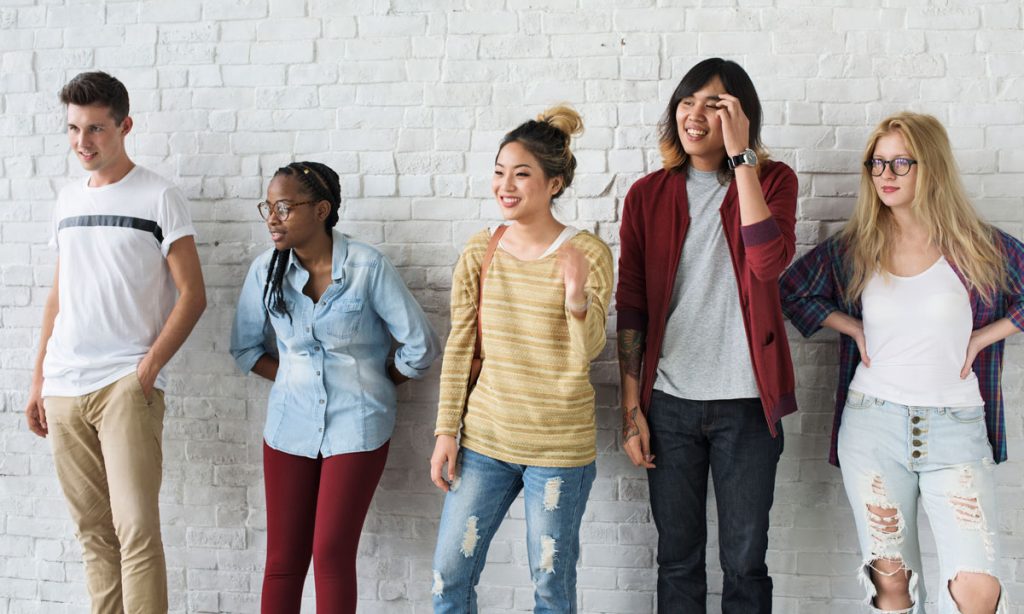By The Fresh Toast's Mike Adams, provided exclusively to Benzinga Cannabis.
For families that are not well versed in the ways of the cannabis plant, it is conceivable that some moms and dads may see junior’s pot use as a gateway to harder drugs.
Although most Americans would vote for marijuana legalization at the national level if it were put to the vote, some parents are still frightened by the idea that their children could be negatively impacted by such a thing. All they keep hearing about is how the drug epidemic in this country is spiraling out of control. How millions of people are now addicted to drugs and that tens of thousands of them every year are dropping dead from overdoses. It’s a horror show out there if we’re honest.
For those families that are not well versed in the ways of the cannabis plant, it is conceivable that some moms and dads may see junior’s pot use as a gateway to harder drugs. There are even some that do not understand how marijuana is any less dangerous than drugs like cocaine or heroin. After all, the federal government says it’s basically the same thing.

Studies have suggested that teens’ perception of risk in these products is influenced by flavor.
| Photo by Diego Cervo/Shutterstock.com
So parents may go rifling through their kids’ stuff at times to find out if they are messing with weed. Often this mission is backed by the motto: “No kid of mine is going to become a drug addict!” Most of the time, the parents are going to find that their kids are clean. We’re not saying they are not using, just that teens are smart and typically understand how to keep their activities clandestine when necessary. But there are those times when the parental quest to find out if a teen is using marijuana shakes out. They might find a stash of pot somewhere or articles of paraphernalia.
To an anxious parent, this discovery may be processed as one indicating that little Joey is hell bound and coming in hot on the broken wings of illegal drugs.
Their initial reaction might be drastic — three parts shotgun, one part common sense. You know, lots of yelling, finger-pointing (this is because of those kids you hang out with, isn’t it?), and they might eventually start to blame themselves. The stress of the situation may even prompt the parents to get their child some help by checking them into a rehabilitation facility. It is their hope that the professionals can work some witch doctor style voodoo on them and rid them of this vile affinity for weed.
But is it really necessary to admit your child into rehab to save them from marijuana addiction?
The thing about this so-called addiction is it’s rare. In fact, associating marijuana with the word addiction at all feels a bit overboard. According to federal data, really only about 9 percent of people who abuse marijuana will end up with a problem. Junior has just as much of a chance at becoming addicted to caffeine. And for those worried about their teen’s marijuana use turning them into junkies, that doesn’t seem likely either. It’s actually “alcohol and nicotine” that are “more likely to inspire people to use harder substances,” reads a report from the National Institute on Drug Abuse.

Photo by rawpixel.com
But let’s just say that none of that matters and you insist on dropping your teen off at the local rehab center to get them fixed. Just know that these people do not have a magic wand that can put your kid on the right track. Impatient marijuana addiction treatment consists of a lot of therapy. The idea is that we must talk about our feelings to get to the bottom of why we are inclined to use pot on a daily basis.
This is where t professionals attempt to help patients cope with their problems by identifying triggers and working on a plan to avoid those situations. This means that, throughout the day, the average patient is going to be required to journal in the morning, engage in individual and group therapy sessions, journal in the afternoon, and get involved with various social activities with other marijuana addicts. There is a lot of downtime, too.
But here’s the thing about rehab: Unless someone (even a teen) really wants to make a change in their life, none of these efforts are going to ensure a proper recovery. Also, without insurance, buying a chance to get junior off weed forever can cost families tens of thousands of dollars. It might even bankrupt some. Therefore, rather than going off the deep end, it is perhaps better to discuss the issue with your child like they are human beings. Share with them your concerns and try to come up with a better course of action than institutionalization.
Try to remember back to the day when you, too, were a teen and think about all of the idiotic stuff you did that had no long term effects on your life. Because that’s all you’re likely dealing with — a teen being a teen.
© 2025 Benzinga.com. Benzinga does not provide investment advice. All rights reserved.
Trade confidently with insights and alerts from analyst ratings, free reports and breaking news that affects the stocks you care about.
Cannabis is evolving – don’t get left behind!
Curious about what’s next for the industry and how to leverage California’s unique market?
Join top executives, policymakers, and investors at the Benzinga Cannabis Market Spotlight in Anaheim, CA, at the House of Blues on November 12. Dive deep into the latest strategies, investment trends, and brand insights that are shaping the future of cannabis!
Get your tickets now to secure your spot and avoid last-minute price hikes.